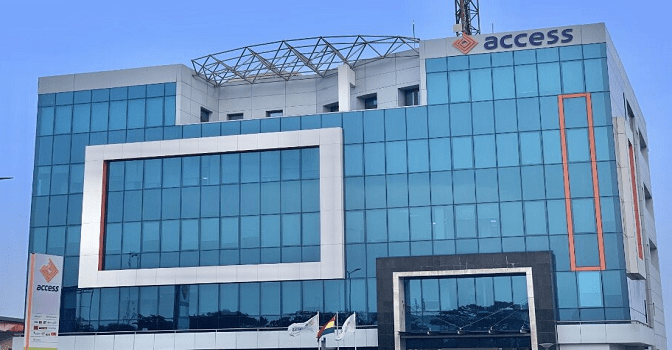The authorities should do well by enforcing the law
Last month, the Lagos State Environmental Protection Agency (LASEPA) intensified its clampdown on environmental violations, sealing off several facilities across the mainland over persistent noise pollution, and other infractions. According to the agency that has from time to time, sealed some hospitality facilities and worship centres, noise pollution has become a perennial problem that is posing a serious threat to the sanity, stability and peace of mind of the state’s residents. We believe the Lagos authority is on the right path in acting against those causing noise pollution. We encourage other states to pay similar attention, particularly to enforce existing laws or to promulgate regulations for the good of all.
Scientists have determined that noise, ordinarily, is not a bad thing. But it becomes a pollutant in the environment when it rises to unbearable levels. In Nigeria, noise specifically emanates from electricity generating sets at home and offices, and from indistinct high volume music blaring at street-sides as vendors of all sorts compete for attention. Noise also emanates from vehicle engine and horns in traffic, construction sites, etc. But the real purveyors of noise are the religious organisations that have, in a bid to outdo one another, become a nuisance in most urban and rural areas across the country. We believe that people can worship their God without disturbing the peace of others in the solitude of their homes and offices.
It is unfortunate that Nigerians are forced to adapt to unbearable noise levels in their environment, even at the risk of their mental and physical health. The World Health Organisation (WHO) sees noise pollution as one of the most dangerous environmental threats to health. In several communities across the country, churches, mosques, hotels, event centres, lounges, clubs and party organisers tune their sounds to high heavens without any regard for the convenience or well-being of others.
Meanwhile, experts are concerned that pollution worsens spirals underlying health issues, particularly cardiovascular challenges like blood pressure levels and stress related diseases, sleeping disorders, fatigue, as well as hearing problems. It should also be a source of concern that regardless of robust regulations the federal government instituted to curb noise pollution, there has been lack of will to enforce them. For instance, there is the National Environmental (Noise Standards and Control) Regulations of 2009 that has all manner of provisions which the government believes will enthrone a healthy environment for all, the tranquility of their surroundings and their psychological well-being. The regulation prescribes the maximum permissible noise levels, a facility or activity to which a person may be exposed, for the control of noise and for mitigating measures for the reduction of noise.
In all these rules, the government stipulates maximum permissible noise levels from a facility in the general environment. There are exemptions for those who can prove that high noise level from their facility is inevitable. But they are required to apply for a permit to emit noise in excess of the permissible levels. Besides, whoever considers that the noise levels being emitted, or likely to be emitted, may be higher than the permissible levels are expected to complain in writing.
To engender a tranquil environment, government at all levels must begin to enforce their laws on noise pollution.






